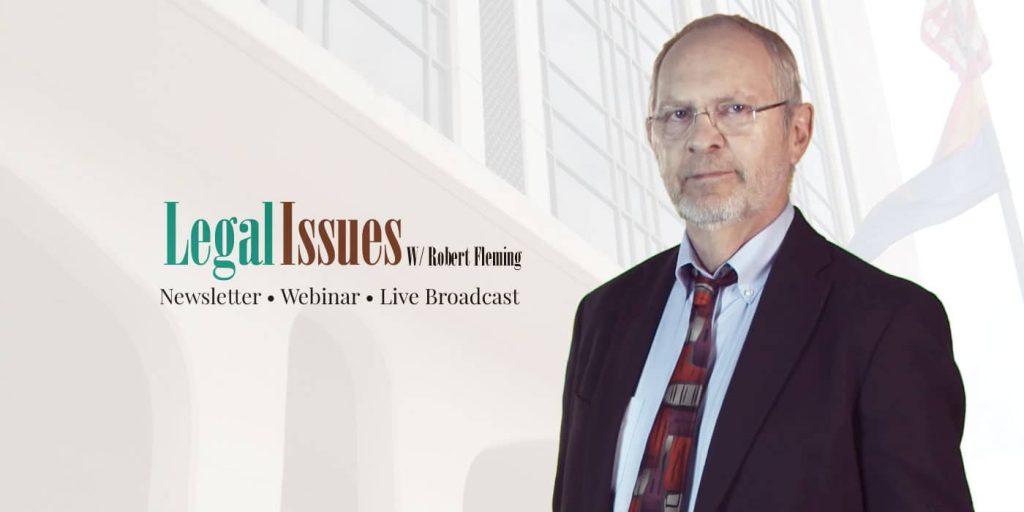FEBRUARY 6, 2017 VOLUME 24 NUMBER 6
This week Fleming & Curti held another one of our periodic seminars for clients and the public. This one was different — rather than us lecturing on issues of elder law, we invited a guest speaker. Harriet Warshaw, Executive Director of The Conversation Project, led a lively discussion about health care directives, planning for how you want to live at the end of life, and how to talk with family members about your wishes.
From its headquarters in Boston, The Conversation Project seeks to spur families to talk about end-of-life wishes. Their clear message: it’s not enough to sign your living will, health care power of attorney and related documents — you need to let people know what you actually want.
Which people? It should be obvious that the person (or persons) named in your advance directives to make decisions for you need to know what those decisions should be. It might be less obvious, but is equally important, to let others know what you have signed, whom you have designated, and what care choices you want made.
That’s where The Conversation Project steps in — with guidance, worksheets, and conversation starters. Are you trying to figure out how to raise questions about end-of-life care with your children? Or, perhaps, with your parents? It can be difficult to approach the discussion, but it should be undertaken — and refreshed periodically (people’s life experiences, views and preferences do change over time).
One great tool for starting The Conversation: the Project’s “starter kit.” It is just what the name implies: a way to start the conversation. It’s free, easily downloaded, and available in a half-dozen languages.
Ms. Warshaw’s presentation included a number of important points:
- The Conversation isn’t really about how you want to die — it’s about how you want to live your life for its last segment. What do you (or the person for whom you are making decisions) want to be surrounded by? For that matter, whom do you want to be at your side? Do you anticipate living out those last moments at home, or in a medical setting? According to Ms. Warshaw, about 70% of people say they want to die at home — but about 70% actually die somewhere else.
- Talking with your children about your end-of-life wishes may seem hard, but starting The Conversation is really a gift you can give to them. You can relieve anxiety, absolve guilt and have a meaningful discussion about life, death, and what’s important to you — and to them.
- While most of the people focusing on end-of-life planning may be older, young people should be thinking about the issues for themselves, as well. One of the things that can easily happen when a senior begins The Conversation is that a family can learn and discuss what they want for themselves, as well.
We all have our own stories, noted Ms. Warshaw. True to that sentiment, she shared hers — and in doing so she described how some people are good at starting The Conversation and others need prodding.
Our view: every adult should sign some combination of a living will (a document expressing your preferences) and a health care power of attorney (giving someone the authority to approve or refuse medical care on your behalf). That is the threshold consideration. But once those documents are signed, it is not enough to file them away. You need to talk with the person named as agent on your health care power of attorney, and actually discuss your wishes with him, her or them. You also should talk to other people in your life, even though they are not named — they are the ones who might derail your planning if they do not understand what you meant to do.
Most people should also think about advance directives for mental health care planning and planning for changes in their ability to drive. Some should even consider whether they want to take steps to prevent cardiopulmonary resuscitation, or artificial provision of food and fluids, or even antibiotics. And some will want to figure out how to make sure that every possible medical procedure is undertaken. Every person is different, and that’s one of the reasons why it’s so important to discuss your wishes with family, friends, medical providers, religious counselors and even helpful (or nosy) neighbors.
We love The Conversation Project. It is a great way to help encourage individuals to talk with their families about their wishes. It is also a great way to encourage family members to start The Conversation when they are likely to be the ones called on to make decisions for a parent or other loved one.
We enjoyed having our first guest presenter for “Trust School.” Our next session will be an opportunity for us to explain to clients, their family and invited guests what is actually involved in administering trusts and estates — not a sales session so much as an exploration of the mechanics of estate planning and the choices facing every client. That session will be in mid-April, and we’ll be sending out invitations to clients a couple weeks in advance.



